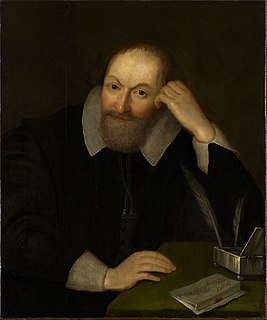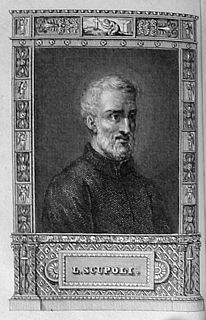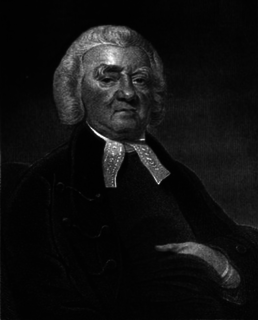Ein Zitat von Ruth Benedict
Die Schuld eines Menschen ist keine Tugend; seine Rückzahlung ist. Tugend beginnt, wenn er sich aktiv der Aufgabe der Dankbarkeit widmet.
Themen zitieren
Verwandte Zitate
Wer sich einem Liebhaber hingibt, weil er ein guter Mann ist, und in der Hoffnung, dass er durch seine Gesellschaft besser wird, erweist sich als tugendhaft, auch wenn sich herausstellt, dass der Gegenstand seiner Zuneigung ein Bösewicht ist, und zwar in der Hoffnung, dass er durch seine Gesellschaft besser wird keine Tugend; und wenn er getäuscht wird, hat er einen edlen Fehler begangen. Denn er hat bewiesen, dass er seinerseits alles für jeden tun würde, um Tugend und Besserung zu erreichen, als die es nichts Edleres geben kann.
Ein Mann, der keine Tugend in sich hat, neidet immer anderen die Tugend. Denn der Geist der Menschen ernährt sich entweder von ihrem eigenen Guten oder vom Bösen anderer; und wer das eine will, wird das andere ausbeuten; Und wer keine Hoffnung mehr hat, die Tugend eines anderen zu erlangen, wird versuchen, sich durch die Beeinträchtigung des Vermögens eines anderen auszugleichen.
... wenn ein Mann Gott um eine Tugend betet und sich gleichzeitig der Nachlässigkeit hingibt, sich keine bestimmten Mittel aneignet, um diese Tugend zu erlangen, und sich nicht darum bemüht, dann versucht dieser Mann wahrlich Gott, anstatt zu beten. So sagt der göttliche Jakobus: „Das wirksame Gebet eines gerechten Mannes nützt viel“ (Joh 5,16). Was hilft, das Gebet wirksam zu machen? ist, wenn der Mann nicht nur einen Heiligen anfleht, für ihn für etwas zu beten, sondern auch selbst dafür betet und mit aller Sorgfalt alles Notwendige tut, um seine Bitte zu erhalten.
Wenn ein junger Mann heiratet, eine Familie gründet und den Rest seines Lebens in einem seelenzerstörenden Job verbringt, wird er als Beispiel für Tugend und Verantwortung hingestellt. Der andere Typ Mann, der nur für sich selbst lebt, nur für sich selbst arbeitet, erst das eine und dann das andere tut, einfach weil es ihm Spaß macht und weil er nur für sich selbst sorgen muss, der schläft, wo und wann er will, und der Frau gegenübersteht, wenn er sie trifft Sie wird auf Augenhöhe und nicht als eine von einer Million Sklaven von der Gesellschaft abgelehnt. Der freie, entfesselte Mann hat in ihrer Mitte keinen Platz.
Vorurteile sind im Notfall leicht anwendbar; Es bindet den Geist zuvor in einen stetigen Weg der Weisheit und Tugend ein und lässt den Mann im Moment der Entscheidung nicht zögern, skeptisch, verwirrt und ungelöst zurück. Vorurteile machen die Tugend eines Menschen zur Gewohnheit; und nicht eine Reihe unzusammenhängender Handlungen. Durch frühere Vorurteile wird seine Pflicht zu einem Teil seiner Natur.
Auch wenn jemand in der Tugend weit fortgeschritten ist, würde er, wenn er aufhören würde, sich selbst zu demütigen, bald seine Bescheidenheit und Tugend verlieren – so wie eine fruchtbare Seele schnell trocken und dürr wird und nichts als Dornen und Disteln hervorbringt, wenn sie nicht kultiviert wird.
Wenn der Staat nicht vollständig aus guten Männern bestehen kann und dennoch von jedem Bürger erwartet wird, dass er seine eigenen Geschäfte gut macht, und er daher Tugend haben muss, so gilt doch, da nicht alle Bürger gleich sein können, die Tugend des Bürgers und des guten Mannes kann nicht zusammenfallen. Alle müssen die Tugend eines guten Bürgers haben – so und nur so kann der Staat perfekt sein; aber sie werden nicht die Tugend eines guten Mannes haben, es sei denn, wir gehen davon aus, dass in einem guten Staat alle Bürger gut sein müssen.




































